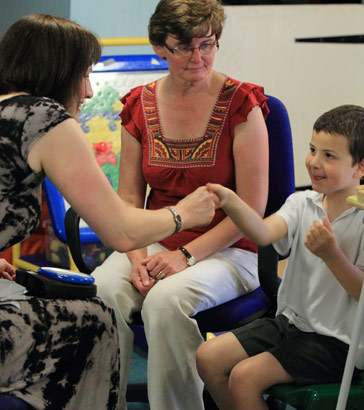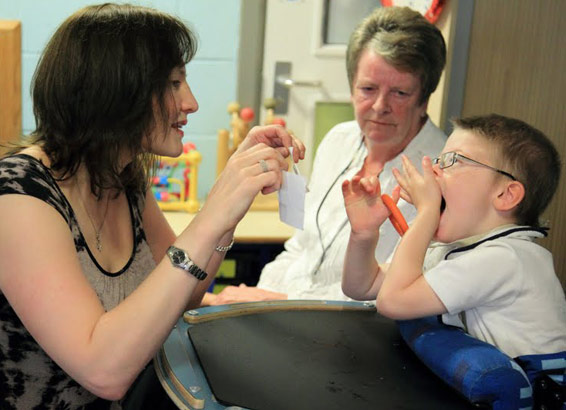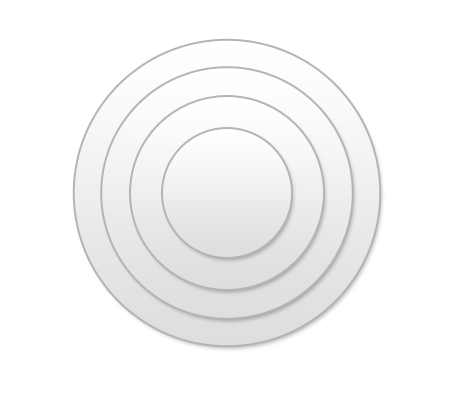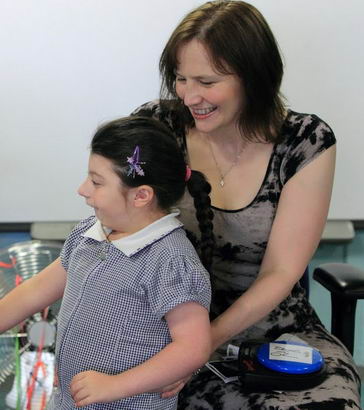
Families of disabled children need support.
What might this support look like? Who would be involved in giving this support?
Families nowadays are increasingly diverse and complex in their composition. For many children the concept of 'parent' needn't
coincide with 'biological parent', and the family forms a small part of a much larger support network.
Schools may find themselves working with many 'self-defined' families, whose members may include grandparents, an older sibling,
a stepfather or stepmother, or a family friend acting as a child-minder.
you support?

Let's begin with you!
Who in your life gives you support? Identify these people based on the type of support they provide – practical, emotional,
financial, etc.
Make a list of those people who have given you direct or indirect support in the last year. What is their relationship to
you?

Make a map of your support network. Place yourself in the centre of the diagram and plot where other people would fall
based on the quality of the support they provide. Place the most supportive people closer to you.
In this example, although the sister is a blood relative, the most supportive people are the best friend and neighbour.
ME
Best friend
Neighbour
Sister

Families of children with SEN or disability find that they need to receive support from lots of different people, both blood relatives and a network of others. This module will explore these relationships further.
When you have a child with special educational needs or disability, you will suddenly find yourself engaged with a range
of professionals, some of whom you did not know existed!
These people are often called 'significant others'. It is a very apt term, because their help makes them significant in the
life of a family. Their actions enable the family to function because they provide help.